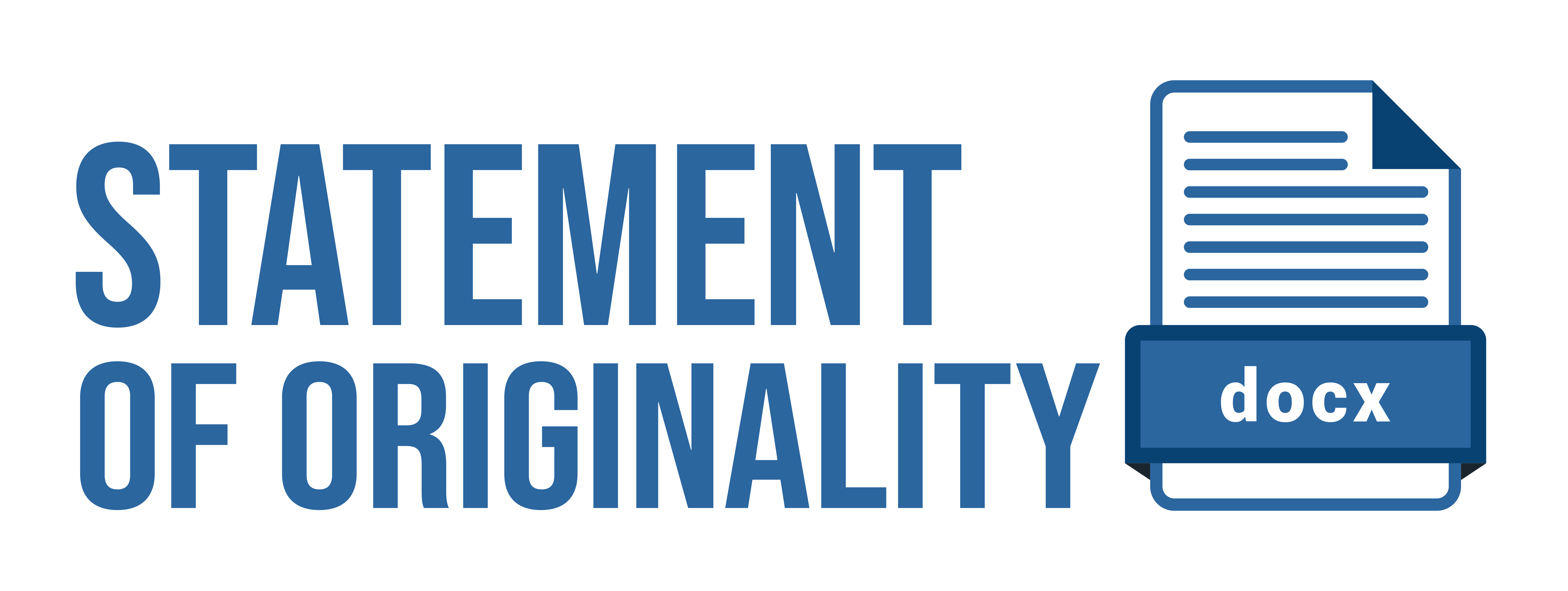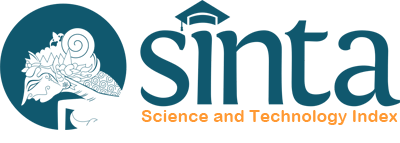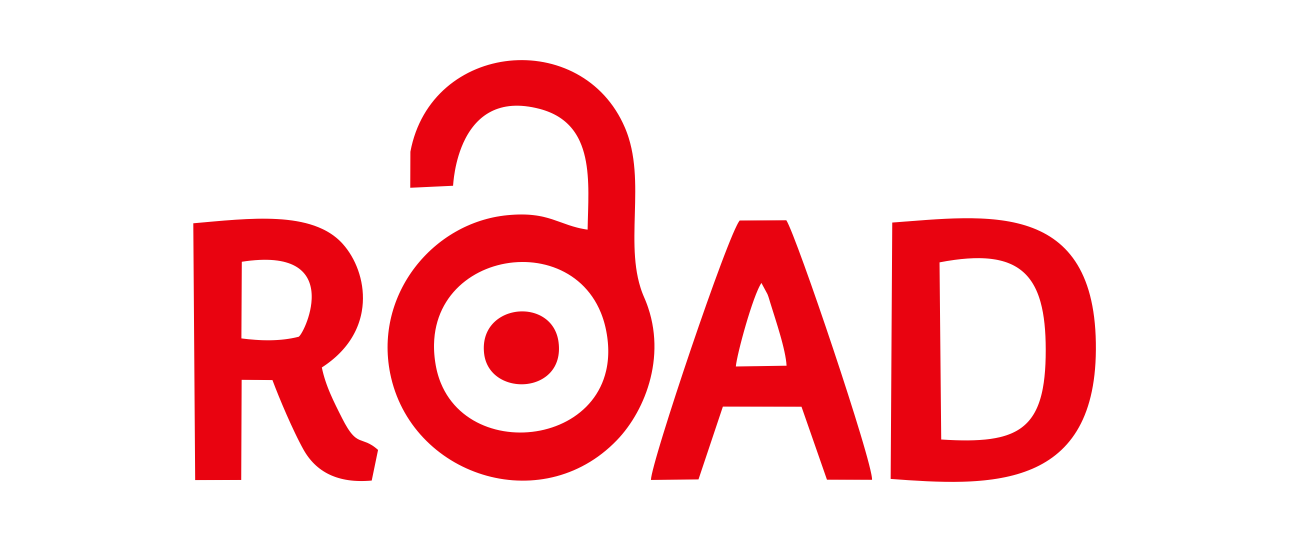Journal Policy
ADLIYA: Jurnal Hukum dan Kemanusiaan review process uses a double-blind review system. First, manuscript are read by editorial members (upon the field of specialization) to meet the ADLIYA: Jurnal Hukum dan Kemanusiaan criteria. Then, the manuscript will be sent to at least two anonymous reviewers. Sometimes (if required) a third peer-reviewer is also needed for further recommendation. Reviewers' comments are then sent to the corresponding author for necessary actions and responses. Finally, the Editor shall inform the author of the results of the review as soon as possible, hopefully within sixty days. The final decision of manuscript acceptance is made by Editor in Chief or Regional (Handling) Editor (together with Editorial Board if required) according to reviewers' critical comments. ADLIYA: Jurnal Hukum dan Kemanusiaan has four tipes of decisions:
- Accepted, as it is
- Accepted by Minor Revisions (let authors revised with stipulated time)
- Accepted by Major Revisions (let authors revised with stipulated time)
- Rejected (generally, on grounds of the outside of scope and aim, major technical description problems, lack of clarity of presentation)
Editor will also run a plagiarism check using Turnitin for the submitted articles before sending it to the reviewers. If a manuscript has over 30% of similarity, we will send back the article to the author to be revised for the plagiarised contents. The journal is carried out by using Mendeley as a Tool Reference Manager and Chicago Manual of Style 17th Edition (full note) as the style.
Publication of accepted articles including assigning the article to the published issues will be made by Editor in Chief by considering the sequence of accepted date and geographical distribution of authors as well as a thematic issue. All articles published Open Access will be immediately and permanently free for everyone to read and download. We are continuously working with our author communities to select the best choice of license options, currently being defined for this journal as Creative Commons Attribution-ShareAlike 4.0 International (CC BY-SA).
Plagiarism Policy
ADLIYA: Jurnal Hukum dan Kemanusiaan practices Zero tolerance towards plagiarism. We use Turnitin to evaluate the similarity index and then the editor decides the case of possible plagiarism (Similarity report will be provided to the author). Editorial board has passed the following actions:
-
Similarity Index above 30%: Article Rejected (due to poor citation and/or poor paraphrasing, article outright rejected, NO RESUBMISSION accepted).
-
Similarity Index (10-30%): Send to the author for improvement (provide correct citations to all places of similarity and do good paraphrasing even if the citation is provided).
-
Similarity index Less than 10%: Accepted or citation improvement may be required (proper citations must be provided to all outsourced texts).
In cases 2 and 3: The authors should revise the article carefully, add required citations, and do good paraphrasing to outsourced text. And resubmit the article with a new Turnitin report showing NO PLAGIARISM and similarity less than maximum 20%.
Before publishing, it is required to obtain written confirmation from authors to ensure the originality. Author should sign Orignality Statement that provided by Editor, and it form will be posted at the website as a proof that Authors is responsible for their works.
Privacy Policy
The names and email addresses entered in this journal site will be used exclusively for the stated purposes of this journal and will not be made available for any other purpose or to any other party.
Retraction, Withdrawl, and Correction Policy
ADLIYA: Jurnal Hukum dan Kemanusiaan is committed to upholding the highest standards of academic integrity, ensuring that all published articles are reliable, accurate, and free from misconduct. In cases where errors, ethical violations, or other issues are identified in a published article, the journal will follow a comprehensive retraction, withdrawal, and correction process under the guidelines established by the Committee on Publication Ethics (COPE).
Retraction Policy
ADLIYA: Jurnal Hukum dan Kemanusiaan will consider retracting an article under the following circumstances:
- Fabrication, Falsification, or Misleading Data: If an article is found to have fabricated or falsified data or contains errors that cannot be corrected through a simple correction, a retraction will be initiated.
- Plagiarism: If an article is discovered to have plagiarised content, whether from other sources or within the same manuscript.
- Duplicate Publication: If the article has been published elsewhere without proper disclosure or permission.
- Unethical Research: If the research reported violates ethical standards, such as the use of data without consent or research conducted without appropriate ethical approval.
- Conflicts of Interest: If the author(s) failed to disclose a major competing interest that, in the editor's view, could have unduly influenced the interpretation of the findings.
In the case of retraction, the following steps will be taken:
- A retraction notice will be published on the article’s page, clearly identifying the article as retracted and stating the reason(s) for retraction.
- A retraction watermark will be added to the article PDF, indicating that it has been retracted.
- The HTML version of the article will be removed or replaced with a retraction notice.
- The retraction notice will be linked to the original article wherever possible.
- Retraction notices will be published promptly and made freely available to all readers.
Article Withdrawal Policy
An article may be withdrawn before publication if any of the following issues arise:
- Author's Request: Authors may request the withdrawal of their article at any stage of the process. However, if the manuscript has already undergone significant editorial or peer review work, the author will be required to pay a fee of IDR 2,000,000 to cover the journal's costs.
- Scientific Misconduct or Errors: If it becomes evident that the article contains significant errors or is a result of unethical research practices (e.g., self-plagiarism, fraudulent data), the article may be withdrawn by the editorial board.
- Infringement of Ethical Guidelines: Articles may be withdrawn due to violations such as double submissions, false claims of authorship, or plagiarism.
Withdrawn articles will be flagged as such, with a note explaining the reason for withdrawal, and included in the journal's records.
Correction Policy
ADLIYA: Jurnal Hukum dan Kemanusiaan will issue a correction if:
- Minor Errors: If a published article contains minor errors that do not affect the overall findings but may mislead the reader (e.g., typographical errors, incorrect references).
- Authorship Issues: If there is a mistake in the authorship list, such as omitting a deserving author or incorrectly including someone who did not meet authorship criteria.
- Data or Methodology Updates: If there is a need to update data, methodology, or any other part of the article to reflect a more accurate account.
Corrections will be published as an erratum, and the corrected version of the article will be updated in both the HTML and PDF formats. The correction notice will clearly indicate the part of the article that has been corrected.
Post-Publication Ethics and Dispute Resolution
Suppose an author, reviewer, or any party involved in the publication process has concerns regarding an article’s retraction, withdrawal, or correction. In that case, they may submit a formal appeal to the editorial board. All appeals will be reviewed based on the evidence provided and in line with ADLIYA: Jurnal Hukum dan Kemanusiaan publication ethics policies.
The editorial board will cooperate with the author(s) to resolve disputes promptly and fairly, in accordance with COPE guidelines. If necessary, an investigation will be conducted to ensure that the publication process adhered to ethical standards.
Legal and Ethical Considerations
In cases of retraction or removal due to legal issues, such as copyright infringement, defamation, or privacy violations, the article will be removed from the online platform, but metadata such as the title and authors will be retained. In such cases, a screen will appear on the article's page, notifying readers that the article has been removed for legal reasons.
This policy is designed to uphold the integrity of the scholarly work published in ADLIYA: Jurnal Hukum dan Kemanusiaan , ensuring that any errors, misconduct, or violations are addressed in a transparent and ethical manner, while maintaining the trust of the research community.
Data Sharing Policy
This journal applies the ADLIYA: Jurnal Hukum dan Kemanusiaan share upon reasonable request data sharing policy. Authors agree to make data and materials supporting the results or analyses presented in their paper available upon reasonable request. It is up to the author to determine whether a request is reasonable. Authors are required to cite any data sets referenced in the article and provide a Data Availability Statement. Please note that data should only be shared if it is ethically correct to do so, where this does not violate the protection of human subjects, or other valid ethical, privacy, or security concerns.
At the point of submission, you will be asked if there is a data set associated with the paper. If authors reply yes, authors will be required to provide the DOI, pre-registered DOI, hyperlink, or other persistent identifier associated with the data set(s). If authors have selected to provide a pre-registered DOI, please be prepared to share the reviewer URL associated with your data deposit, upon request by reviewers.
Where one or multiple data sets are associated with a manuscript, these are not formally peer reviewed as a part of the journal submission process. It is the author's responsibility to ensure the soundness of data. Any errors in the data rest solely with the producers of the data set(s).
Revenue Sources
The Faculty of Sharia and Law UIN Sunan Gunung Djati Bandung supports ADLIYA: Jurnal Hukum dan Kemanusiaan revenue sources. The above-mentioned resources will cover operating expenses, including peer-reviewing, editing, publishing, maintaining, archiving, and allowing immediate access to the full-text versions of the articles.
Advertising Policy
ADLIYA: Jurnal Hukum dan Kemanusiaan is fully supported by the Faculty of Sharia and Law UIN Sunan Gunung Djati Bandung and covers all charges needed. ADLIYA: Jurnal Hukum dan Kemanusiaan does not endorse any product or service marked as an advertisement or promoted by a sponsor in the journal. Commercial or financial interests or any specific arrangements, including the deanery of the Informatics Department Faculty of Sharia and Law, do not compromise all articles published.
Direct Marketing
ADLIYA: Jurnal Hukum dan Kemanusiaan is an open-access journal published in both online and print versions. The online version has been propagated through the journal website.














